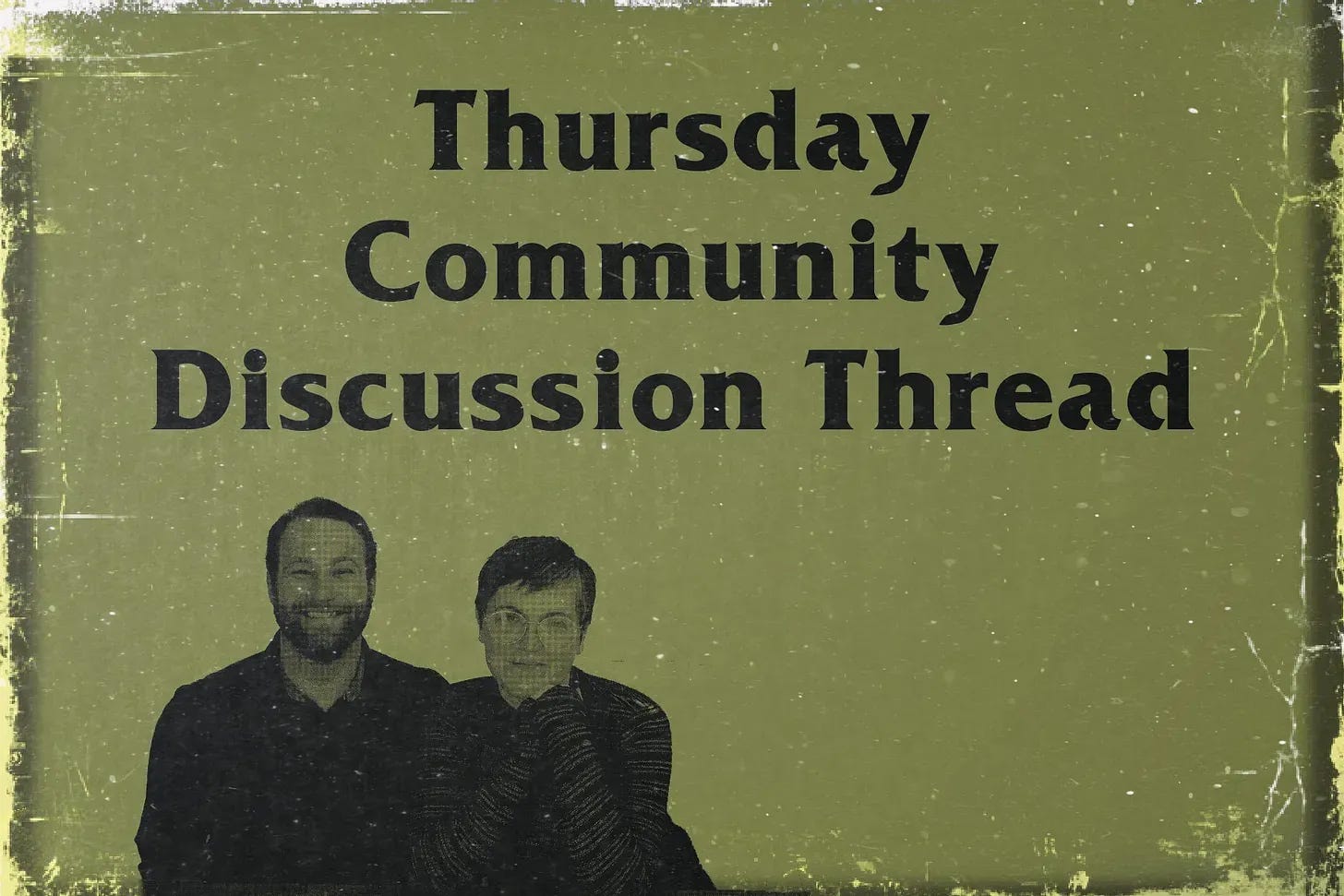Honoring Our Emotions During Election Week
After a childhood of shutting down emotions, how do we honor them, even when life is really stressful?
Hello, and welcome to the Thursday community discussion post for STRONGWILLED. If you join our paid subscriber community, you will have access to weekly posts like this one — plus you will be supporting our work! We are happy to be able to offer a limited amount of free paid subscriptions to members of the LGBTQIA+ community who cannot afford them, thanks to the generosity of others. Simply email us at strongwilledproject @ gmail . com and we will get you sorted. To support this project an enable us to provide even more free subscriptions, please join us!
As a therapist, I (Krispin) spent a large chunk of my week talking with clients about managing stress, anxiety and triggers as we wait for election night next week. This is a stressful weekend for most Americans. Plus, if you grew up in the religious authoritarian parenting movement, on top of the political unknowns, there are likely particular stressors arising: reminders of your childhood, religious trauma triggers, tension with family members — and more.
Shutting down emotions is common coping skill for those of us who grew up under religious authoritarian parenting. We were taught to disregard our emotions, to ignore our own anger or anxiety or sadness, and instead be happy, well-behaved kids. Growing up in this kind of environment means most of us have lots of practice in disconnecting from our bodies, in an attempt to suppress our distressing emotions. Even now, as we’re healing from this kind of upbringing, the impulse to just calm down continues. Even therapists (myself included) have a tendency to encourage people to find ways to calm down our emotions, rather than experience and engage them.
Finding a way to calm our emotions is important, but sometimes we skip an essential step. We want to skip straight to not feeling the anxiety, fear, anger, distress. Our minds are asking: how can I stop feeling what I’m feeling?
But our bodies have a different goal: how can I respond to what I’m feeling?





